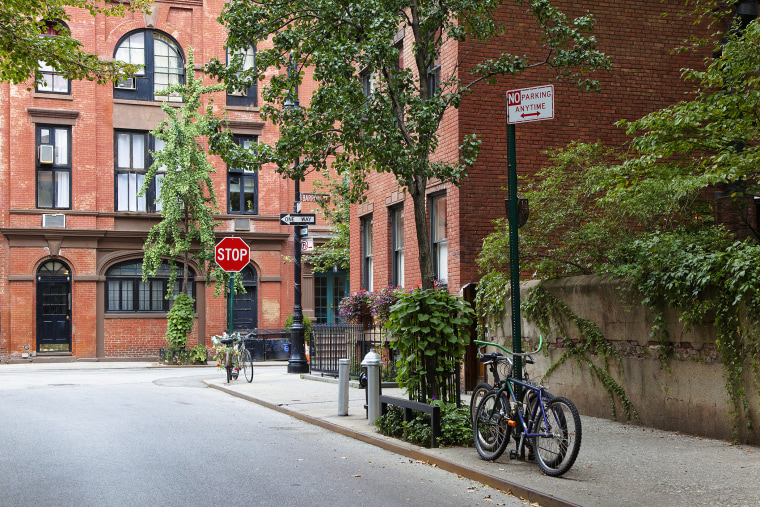Airbnb boasts a "trusted community," where laid-back hosts looking to make some spare cash off of their apartments connect with world travelers -- but a scathing new report paints a very different, illicit picture.
New York state Attorney General Eric Schneiderman issued a report Thursday finding that as many as 72% of the Airbnb reservations in New York City over the last several years violated New York law. The report, titled “Airbnb In The City,” also found commercial enterprises using Airbnb to operate multimillion-dollar businesses. One commercial user earned $6.8 million in less than five years.
"This report raises serious concerns about the proliferation of illegal hotels and the impact of Airbnb and sites like it on the City of New York," said Attorney General Schneiderman. "We must ensure that, as online marketplaces revolutionize the way we live, laws designed to promote safety and quality-of-life are not forsaken under the pretext of innovation.”
Schneiderman also announced the formation of a joint enforcement initiative with the City of New York to investigate and shut down illegal hotels in New York City. The Attorney General's Internet and Taxpayer Protection Bureaus and the City's Departments of Finance and Buildings, along with the Office of Special Enforcement, will work together to investigate violations of building and safety codes, tax regulations and the executive law. Said Schneiderman, “The joint city and state enforcement initiative is aimed at aggressively tackling this growing problem, protecting the safety of tourists and safeguarding the quality-of-life of neighborhood residents."
"We must ensure that, as online marketplaces revolutionize the way we live, laws designed to promote safety and quality-of-life are not forsaken under the pretext of innovation."'
Of the 35,354 private, short-term listings on Airbnb, the report indicated that 25,532 of them violated either New York State's Multiple Dwelling Law and/or New York City's Administrative Code (zoning laws). Airbnb hosts generated approximately $304 million in revenue from these listings and Airbnb earned almost $40 million.
While only 6% of hosts ran large-scale commercial operations on Airbnb, that small group dominated the platform, earning 36% of all rental transactions and collecting 37% of all revenue – a total of $168 million. And numerous units appear to serve as illegal hostels even though New York law bars commercial enterprises from operating hostels. In 2013, about 200 units were booked on Airbnb for more than 365 nights during the year, indicating that multiple, unrelated guests shared the same unit on the same night, hostel-style. Another finding was that the share of host revenue from units booked as short-term rentals for more than half the year increased steadily, accounting for 38% of the site's revenue by 2013 and indicating that many hosts were barely living in the units they rented out.
